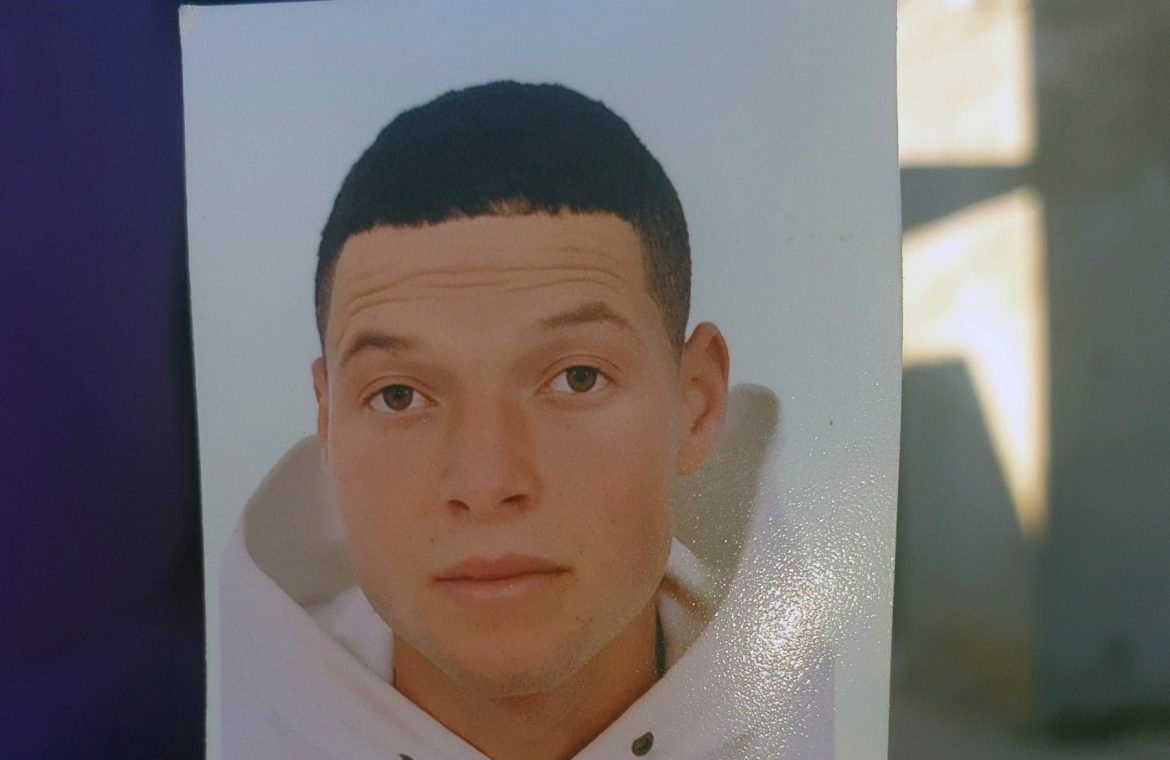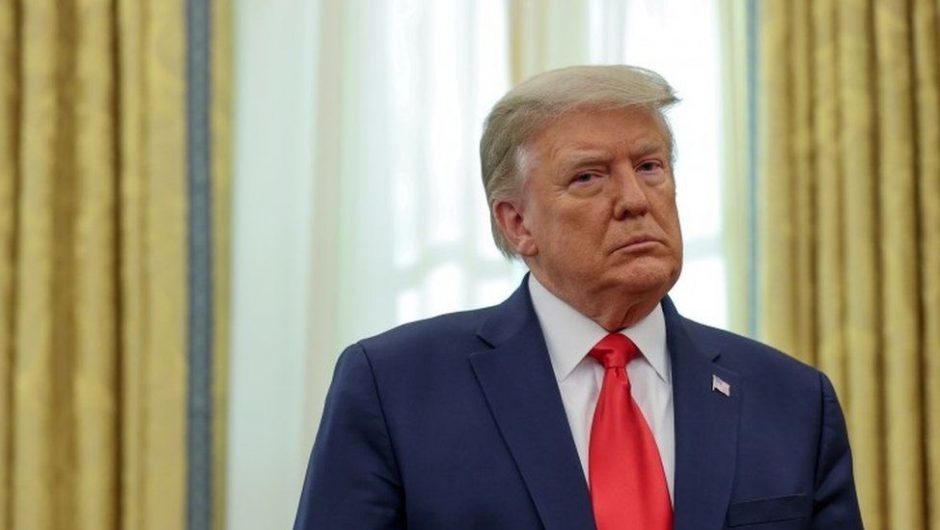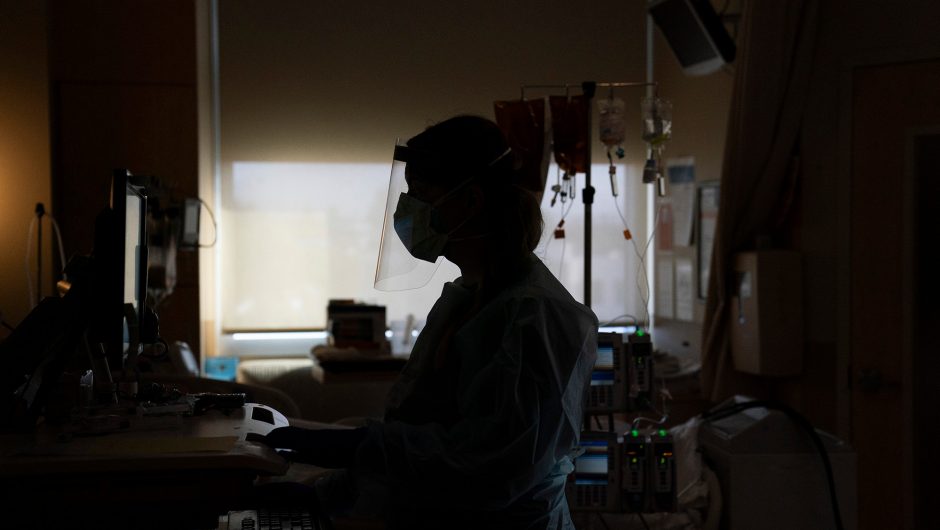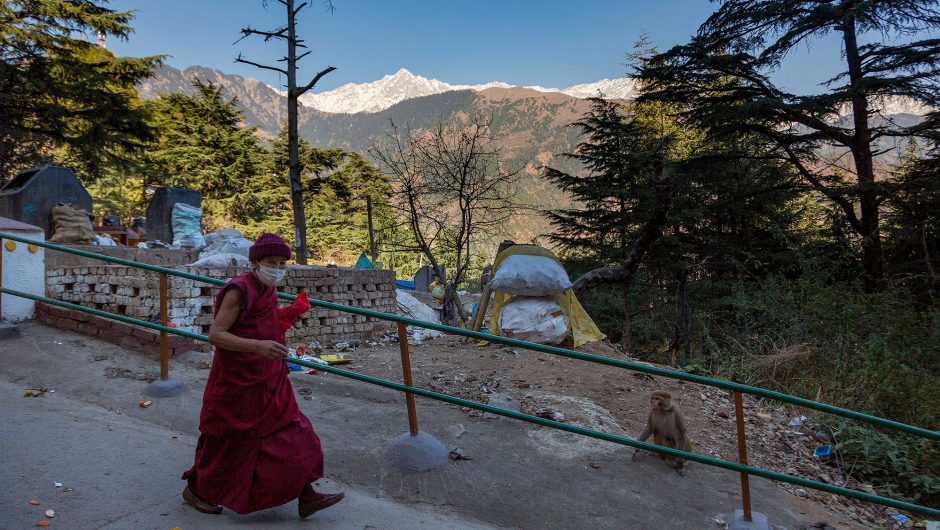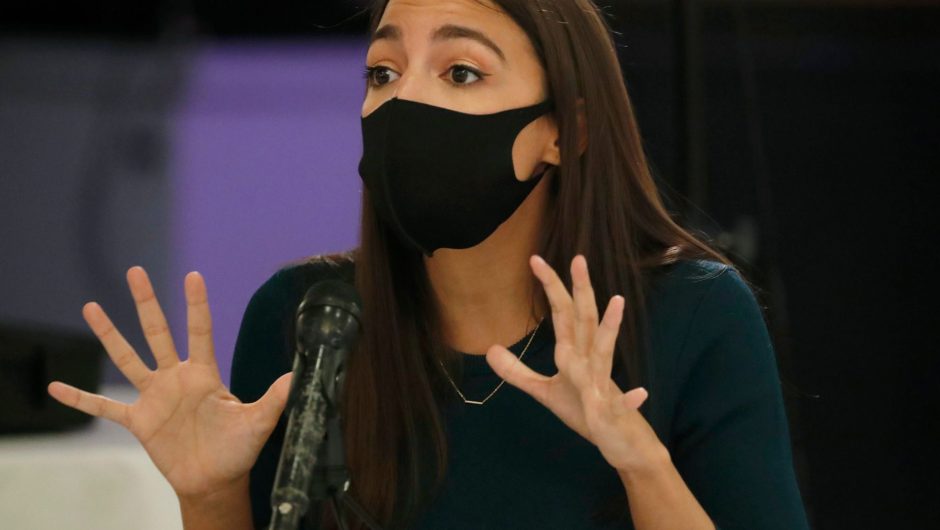A photo of suspect Ibrahim Issaoui, shared by his brother – AP Photo/Mehdi El Arem
The Tunisian who knifed three people to death in a church in Nice, southern France, last week has tested positive for Covid-19, which could further delay him being questioned, according to judicial sources.
Ibrahim Issaoui, 21, remains in hospital after being shot 14 times by police following the knife rampage at Nice’s Notre-Dame basilica on Thursday. He is reportedly no longer in a critical condition but police have not been able to question him to date.
Shouting “Allahu Akbar”, he beheaded a woman and killed two other people in Nice’s Notre-Dame Basilica last Thursday, in France’s second deadly knife attack in two weeks with a suspected Islamist motive.
Known to Tunisian police for violence and drug offences, he arrived in France only last month, having first crossed the Mediterranean to the Italian island of Lampedusa.
Four more people were detained for questioning on Tuesday morning, including a 29-year-old man suspected of being in contact with Issaoui, say judicial sources. They were taken into custody in the Val-d’Oise department just north of Paris.
A man prays in front of the Notre Dame church to pay tribute to the victims of a deadly knife attack in Nice, France, October 31, 2020. – ERIC GAILLARD/Reuters
Six people were previously detained over suspected links with the assailant, but only one remained in custody Tuesday – a 29-year-old Tunisian who was aboard the boat that brought Issaoui to Lampedusa, sources said.
The arrests came a day after France’s 12 million schoolchildren paid tribute to Samuel Paty, a teacher who was decapitated for showing pupils cartoons of the Prophet Mohammed as part of a class on freedom of expression last month.
The murder shocked the country and prompted a new clampdown on political Islam but also fresh calls from extremist groups to target France.
President Emmanuel Macron last weekend attempted to defuse anger in the Muslim world over the perceived anti-Muslim policies of the French state, telling Al Jazeera that his role as guarantor of French secularism and freedom of expression had been “distorted”.
French Prime Minister Jean Castex (R) attends a homage to slained French history teacher Samuel Paty, at a school in Conflans-Sainte-Honorine – THOMAS COEX/POOL/EPA-EFE/Shutterstock
Turkey had led calls to boycott French goods after Mr Macron said he would defend the right to publish cartoons mocking religion.
Story continues
In a move that risked further straining relations with Ankara, France on Tuesday said it planned to ban a Turkish ultra-nationalist group known as the Grey Wolves – seen as a wing of a party allied to president Recep Tayyip Erdogan.
The move was announced after a memorial centre to mass killings of Armenians during World War I was defaced with graffiti including the name of the Grey Wolves over the weekend.
As France tackles Islamist extremism on home soil, Gallic officials confirmed their forces in West Africa had killed more than 50 jihadists and detained four in an operation last week in Mali.
French soldiers in the region also confiscated weapons and equipment from the fighters in last Friday’s operation, Defence Minister Florence Parly tweeted on Monday night, adding that it “shows once again that terrorist groups cannot act with impunity”.
The French dispatched airstrikes and ground forces after drones monitoring the region in northern Mali spotted a convoy of suspected fighters on motorcycles.
Military sources say a separate, larger military operation has been underway for several weeks in the area near Mali’s border with Burkina Faso and Niger.


